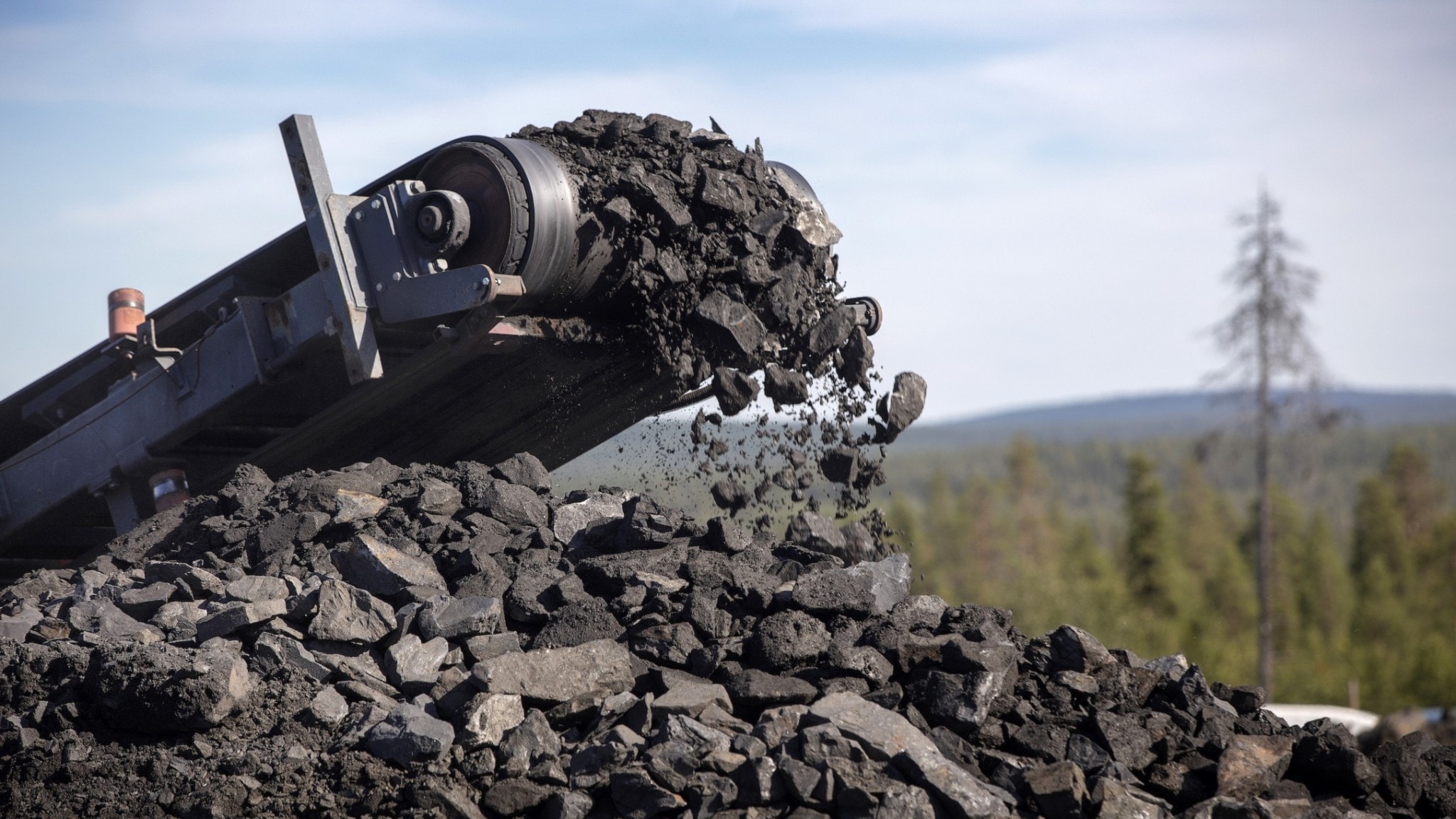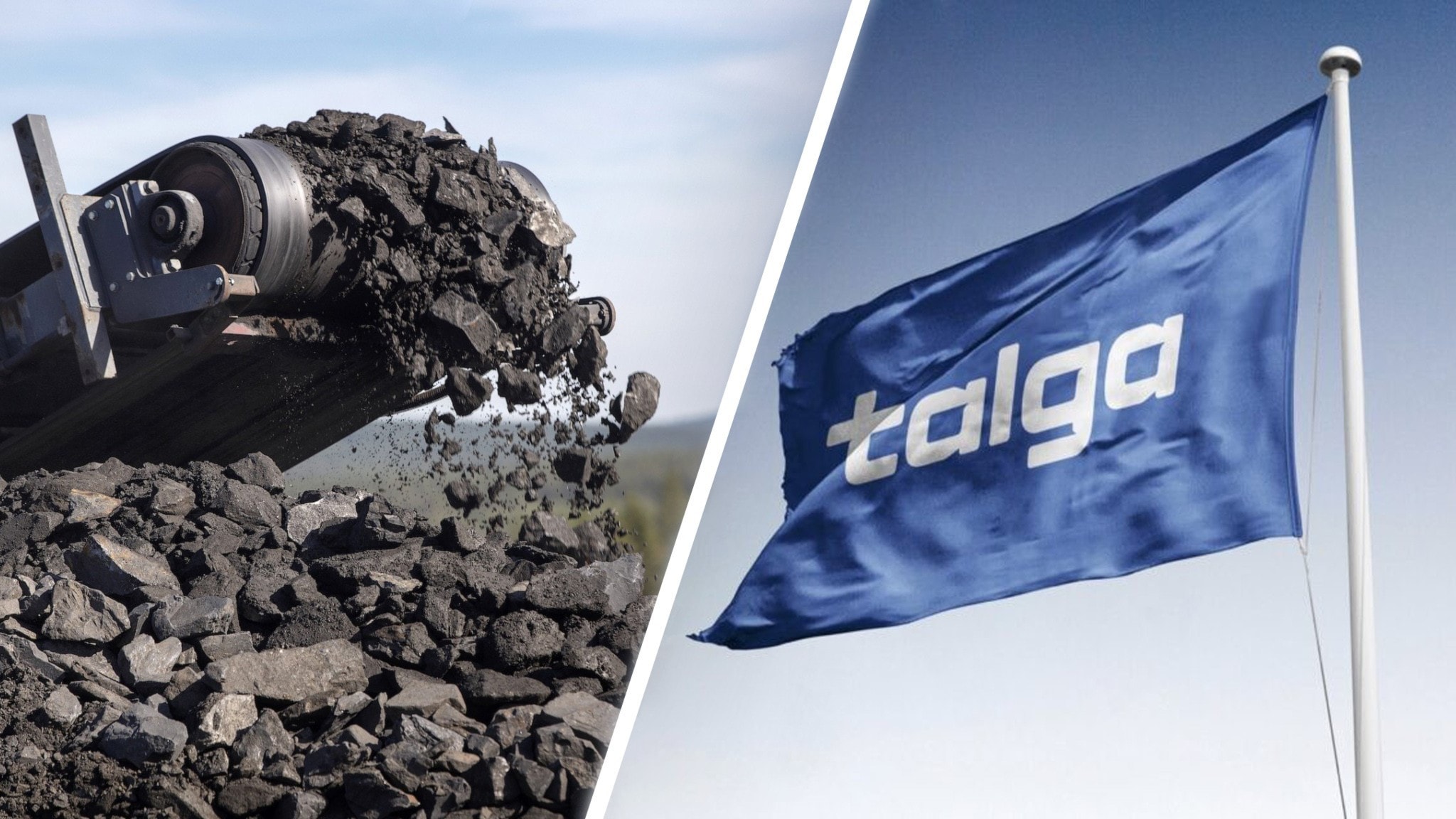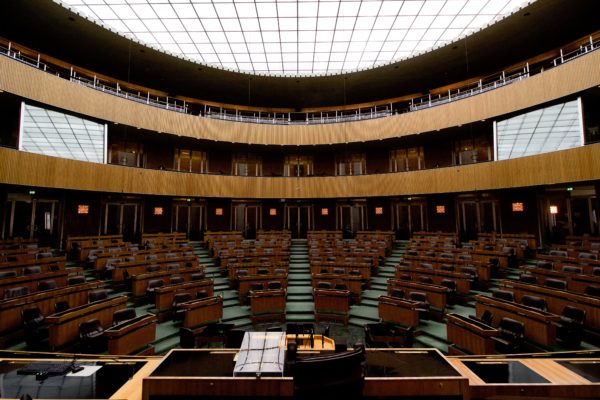"
Council and Parliament agree on critical raw materials regulation
2024-04-08
At the end of March, the final decisions were taken in the EU on a new regulation on critical raw materials. Now only formalities remain before the rules enter into force. The regulation identifies critical and strategic raw materials that are important for the green transition. Several of them are components of electric vehicles. Extraction and refinement will increasingly take place in the EU, a higher proportion will be recycled, and dependence on third countries will be limited [1-7].
The European Commission's proposal on critical raw materials
A year ago, the European Commission presented a proposal for a regulation on critical raw materials. It is called the European Critical Raw Materials Act. In Swedish, the name is The European Critical Raw Materials Act. The Commission said it wants to ensure the EU's access to a secure and sustainable supply of critical raw materials.
It wants to strengthen the EU's capabilities along the value chain. The raw materials identified are economically important and pose a high supply risk. One example is lithium for batteries.
Critical and strategic raw materials
The regulation mentions 34 'critical raw materials' (CRMs). Of these, 17 are designated as 'strategic raw materials' (SRMs). The list of all designated raw materials can be found in this link (click on the text version at 34 critical raw materials).
The SRMs are considered to be of particular strategic importance for the green and digital transitions. They can also be strategic for defence, aviation and space technology applications. They are characterised by a potentially significant gap between global supply and expected demand. It is also relatively difficult to scale up production of these substances, for example due to long lead times for new projects.
Targets for 2030
The Commission proposed some overall targets. During the process, they have changed slightly. Here are the levels that were finally adopted. They should be achieved by 2030.
The EU's extraction capacity covers at least 10% of the EU's annual consumption of strategic raw materials.
EU processing capacity covers at least 50% of the EU's annual consumption of strategic raw materials.
EU recycling capacity covers at least 25% of the EU's annual consumption of strategic raw materials.
No third country should provide more than 65% of the EU's annual consumption of each strategic raw material.
Strategic projects
Another element of the acquis is the concept of 'strategic projects'. This refers to rules that may affect national decisions and authorisation processes in the future. It is considered necessary to introduce measures establishing a common approach to strategic projects in the extraction, processing or recycling of strategic raw materials, or contributing to the production of relevant substitute materials. Strategic projects should be managed in a way that speeds up the authorisation process for critical raw material projects. They will also have easier access to funding.
Additional measures in the Regulation
Each Member State will draw up a national programme for general exploration targeting critical raw materials and carrier minerals for critical raw materials.
Mechanisms are introduced to coordinate the monitoring of supply chains and measures to mitigate supply risks.
There are provisions to support the development of circularity and reduce environmental impacts.
It establishes a system for cooperation on strategic partnerships with third countries.
Treatment in Council and Parliament
The Commission presented its proposal in March 2023 and the European Council presented its negotiating position in June 2023. The Council wanted to increase certain ambition levels for processing and recycling capacities. They also wanted to add aluminium as a strategic raw material.
When the European Parliament discussed the issue in the Committee on Industry, Research and Energy (ITRE), almost 1,200 amendments were tabled. In September, we wrote about the process and the negotiating positions at the time [8]. We mentioned that several stakeholders were calling for EU funding to achieve the targets.
Parliament adopted its position in September 2023, including that the Commission should submit a list of strategic secondary raw materials, including ferrous scrap, six months after the entry into force of the regulation. They also wanted, like the Council, to add aluminium to the list of SRMs.
In November 2023, the Council and Parliament reached a provisional agreement. It raised the target for the recycling capacity of strategic raw materials to 25% (the Commission proposed 15%; the Council wanted to raise it to 20%) and added aluminium to the list of strategic materials.
Parliament adopted the agreement on 12 December 2023 (549 in favour, 43 against, 24 abstentions). The Council approved the agreement on 18 March 2024 with 26 votes in favour and 1 absent.
This concludes the decision-making process. Once signed by the President of the Parliament and the Council, the agreement will enter into force 20 days after its publication.
Objectives going forward
By 1 January 2027, the Commission shall adopt targets for the recovery of each strategic raw material in relevant waste streams by means of a delegated act.
The Commission will adopt delegated acts setting minimum recycled content in permanent magnets for certain critical raw materials recovered from waste. This must be done by 31 December 2031. Certain products may be exempted from this obligation.
The authorisation process for 'strategic projects' should not exceed 27 months for extraction and 15 months for processing or recycling. However, if an environmental impact assessment is required under Directive 2011/92/EU, the time for that assessment should not be included in the prescribed timeframe.
Member States will be able to object to giving a project on their territory the status of "strategic project".
There will be one designated responsible person per administrative level and step in the value chain, per Member State.
Member States will not be obliged to hold or release strategic stocks.
The Commission and Member States will "make efforts" to stimulate technological progress and resource efficiency that can mitigate the expected increase in the EU's consumption of critical raw materials.
Further reading
Brief infographic from the European Council on the importance of critical raw materials.
Summary on critical and strategic raw materials from SGU (note that the text is not updated with the final adopted levels of processing and recycling and the number of strategic raw materials).
2023 analysis by the EU agency Joint Research Centre (JRC) on supply chains and future needs for materials for strategic technologies.
Own comments
The availability of raw materials for 'green', 'digital' and 'military' activities is an increasingly important geopolitical issue. Therefore, we are planning a series on raw materials in the spring. This newsletter is the first one.
Strategic partners are becoming important. The online magazine Euractiv recently gave a couple of examples. The European Commission is negotiating a strategic partnership with Australia on critical raw materials. The Commission recently signed an agreement with Norway on land-based raw materials and the battery value chain [9, 10].
Financing and public funds are likely to play a role in achieving the objectives.
The demand for materials appears to be growing enormously. Even if increasing recycling requirements can to some extent counteract the need for virgin materials, the pressure on natural resources will inevitably increase. This also increases the risk of environmental damage and emissions from extraction and processing.
A current example can be found at home. The company
Talga wants to mine graphite, one of the 17 strategic raw materials on the EU list, in Vittangi in Kiruna municipality. The company has received authorisation from the Land and Environment Court [10]. But the municipal government does not want to continue the detailed planning process. The company has requested that the government make a decision on a planning injunction. They refer to the importance of graphite for the green transition [11].
Sources
..."
I slutet av mars togs de sista besluten i EU om en ny förordning om kritiska råvaror. Nu återstår bara formalia innan reglerna träder i kraft. Förordningen pekar ut kritiska och strategiska råvaror som är viktiga för den gröna omställningen. Flera av dem är komponenter i eldrivna fordon...

omev.se



